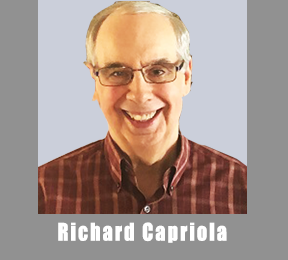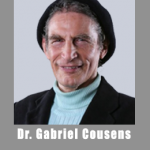
AIRED: May 10, 2021
SPECIAL GUEST: Richard Capriola
www.helptheaddictedchild.com
According to the National Institute on Drug Abuse, Twenty percent of teens admit to taking prescription drugs without a prescription. Last year, 47% of American high schoolers admitted to using illicit drugs, with 58% say they have drunk alcohol, according to American Addictions Centers. This risk continues to grow in young adults, in addition to drug and alcohol addiction.
Richard Capriola, author of The Addicted Child: A Parent’s Guide to Adolescent Substance Abuse, has worked as a mental health counselor for 21 years including time at the nationally-ranked Menninger Clinic in Houston, where he specialized in teen mental health.
Capriola states, “60-70% of those with substance abuse have a mental health issue as well. The two go hand in hand in many cases and you have to treat both. Kids can start abusing at any age, and parents should be aware of any changes they see in their children.
He feels that addiction leaves parents filled with guilt and feeling lost. His mission with The Addicted Child is to empower parents with a road map of what to do when they find their child is addicted to alcohol or drugs. As an additional resource to the book, he has also created an accompanying parent workbook.
Capriola stresses the importance of the comprehensive assessment to look beyond addiction to find the true cause, which sometimes could be mental health. When you drill down deeper you usually find a bigger issue on why they are using.
The Addicted Child: A Parent’s Guide to Adolescent Substance Abuse helps parents with:
- Signs to look for that can indicate a child may be abusing drugs.
- Steps to take right away once a problem is recognized.
- When to seek professional help.
ABOUT RICHARD CAPRIOLA
Richard Capriola spent 11 years working as an addictions counselor for Menninger Clinic in Houston Texas before retiring in 2019. Menninger Clinic is one of the top ten psychiatric hospitals in the United States and specializes in the assessment, stabilization, and treatment of adults and adolescents with substance abuse and psychiatric disorders. During his tenure there he worked in the Adolescent Treatment program and the adult Comprehensive Psychiatric Assessment and Stabilization program. Working closely with psychiatrists, psychologists, social workers, and nurses he was responsible for comprehensive assessments and individual and group counseling with patients diagnosed with substance use disorders.





